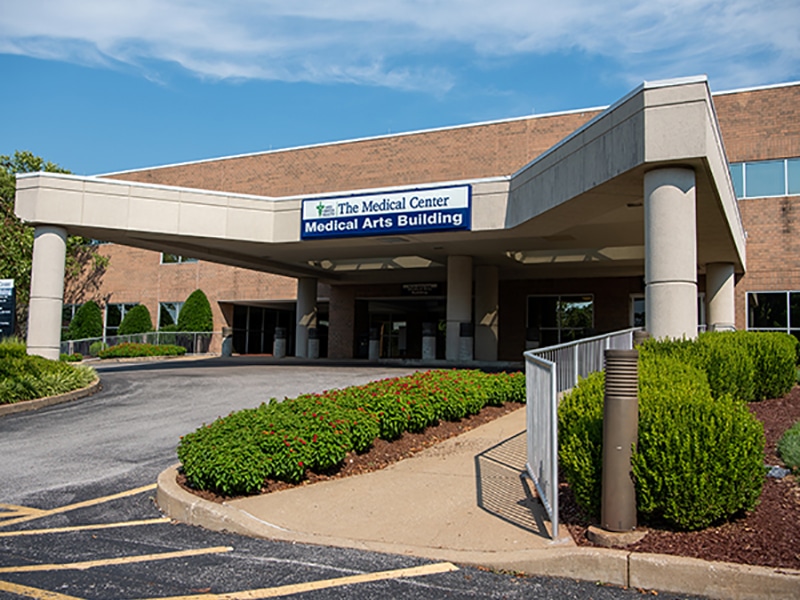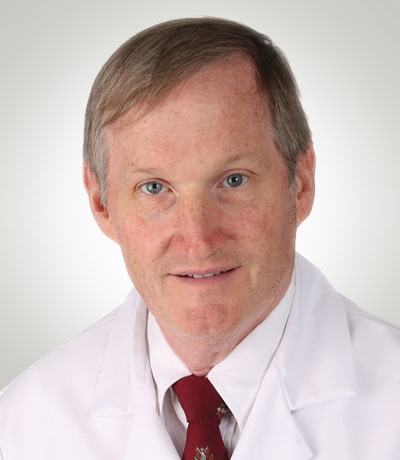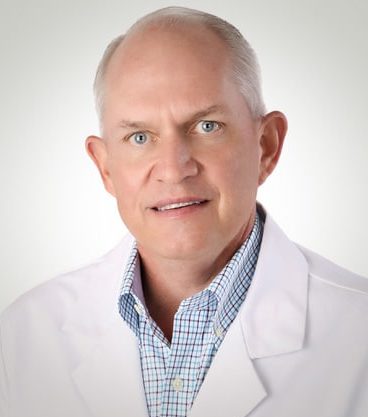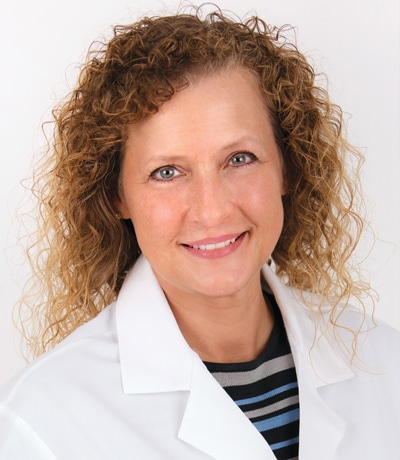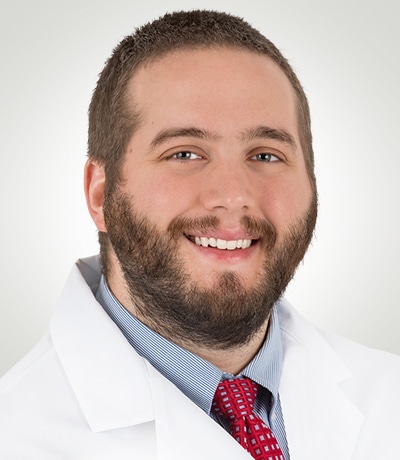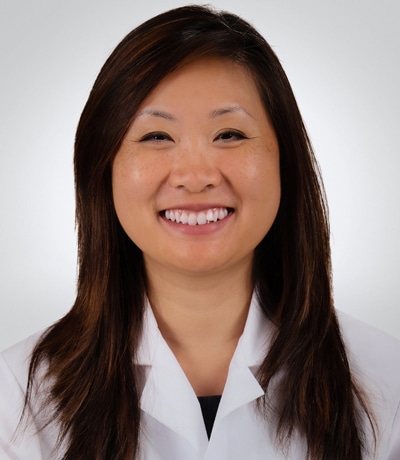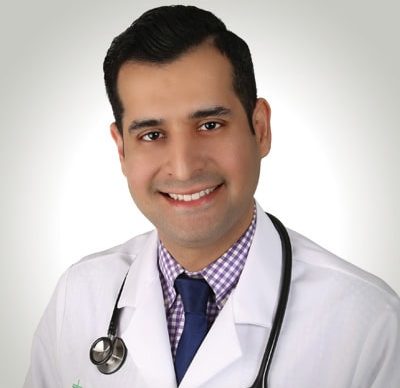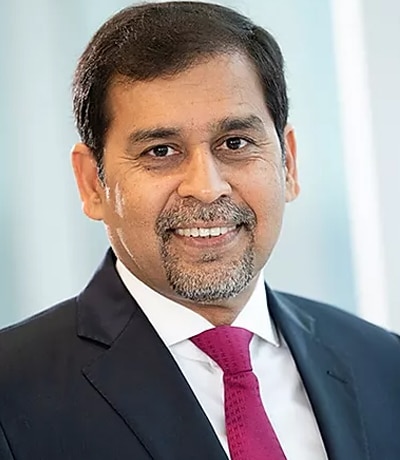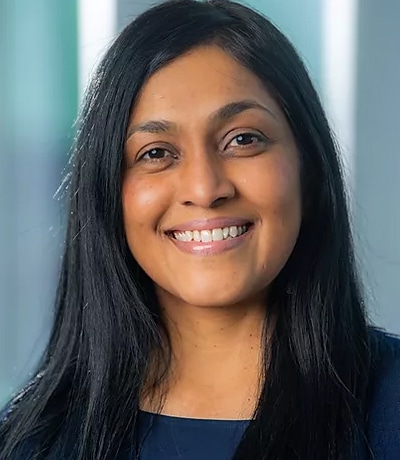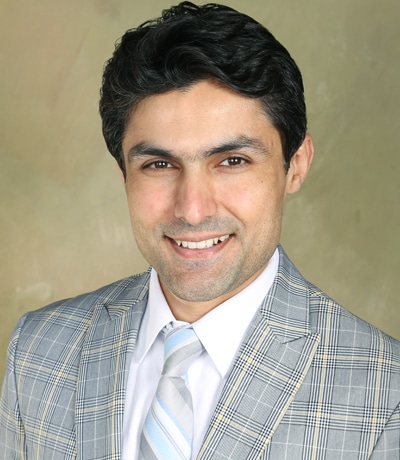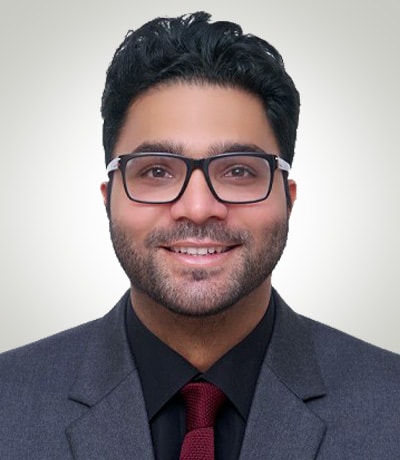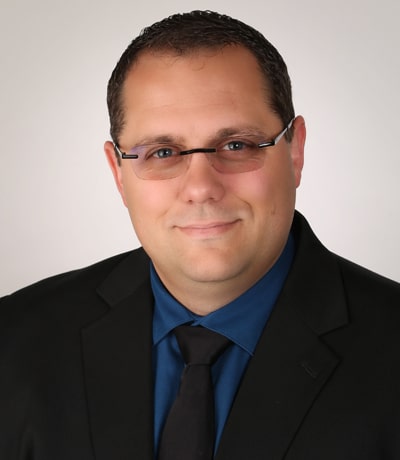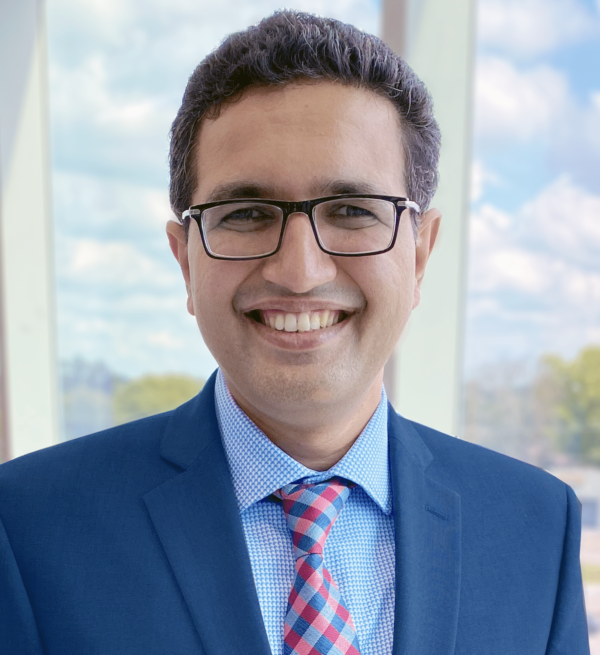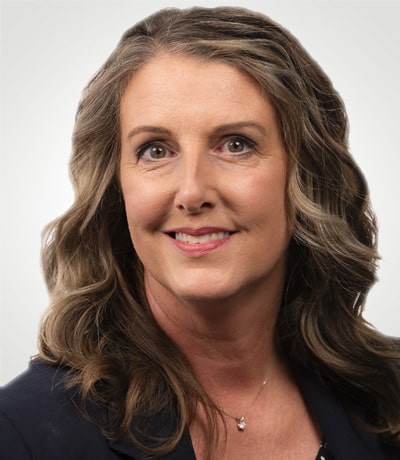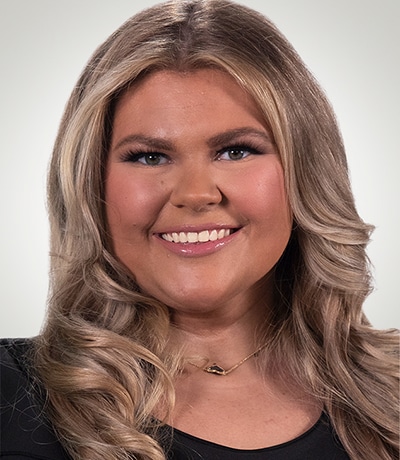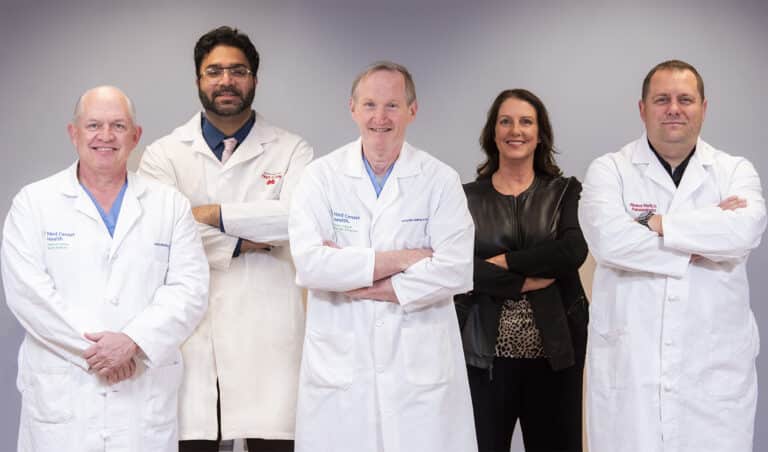
Welcome to the Med Center Health Lung Nodule Program, a partnership with Med Center Health Heart, Lung & Vascular Surgeons and Western Kentucky Heart, Lung and Gastroenterology. Together, we offer a multi-disciplinary approach to the detection, diagnosis and treatment of suspicious nodules in the lungs at their earliest stages.
Our fast-track clinic examines incidental nodules and those detected through low-dose CT scans, working directly with primary care providers to schedule eligible patients for consultations with our team of physicians, including:
- Pulmonology
- Cardiothoracic Surgery
- Medical Oncology
- Radiation Oncology
Upon review by our interdisciplinary lung nodule board, a treatment plan will be devised for the patient based on their individual needs including:
- Further testing
- Diagnostic imaging
- Biopsy that may include our Ion Bronchoscopy technology
- Surgery
- Chemotherapy
- Radiation therapy
Med Center Health Lung Nodule Program
Medical Arts Building First Floor, Suite 106
350 Park Street, Bowling Green, KY 42101
If you have questions, please call Jennifer Finch at 270-535-6886 or email lungnoduleprogram@mchealth.net.
Our Staff
“The Lung Nodule Program offers Med Center Health a way to make a difference in patients with lung cancer and it allows me to provide patients with hope,” says Jennifer Finch, Director of Clinical Integration. “My father was diagnosed with lung cancer in 2009. I remember the day he called me with the news a nodule had been found on his lung. He told me the doctor wanted to watch it for a while to see if it grew, and I told him to go ahead and get it taken out right then.
“This program is very special to me because I don’t want anyone else to have to go through what I went through. If we can save just one person, this program will be worth it.”
Jennifer Finch
“He had a history of smoking but had quit many years prior to that. He opted, unfortunately, to wait and see if it grew. When it did, he had it biopsied, and it came back as non-small cell cancer. He went through about two years of treatment but was unable to survive. He passed away in 2011.
“If this program had been in place, and the Ion Robotic Navigational Bronchoscopy technology had been available, he would probably still be with us today. This program is very special to me because I don’t want anyone else to have to go through what I went through. If we can save just one person, this program will be worth it.”
